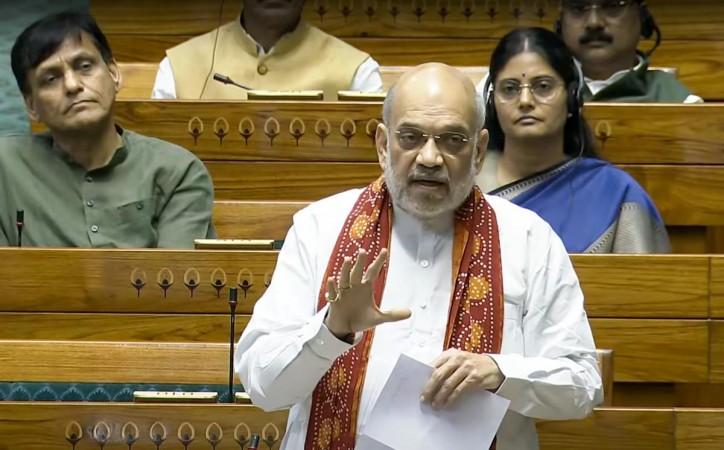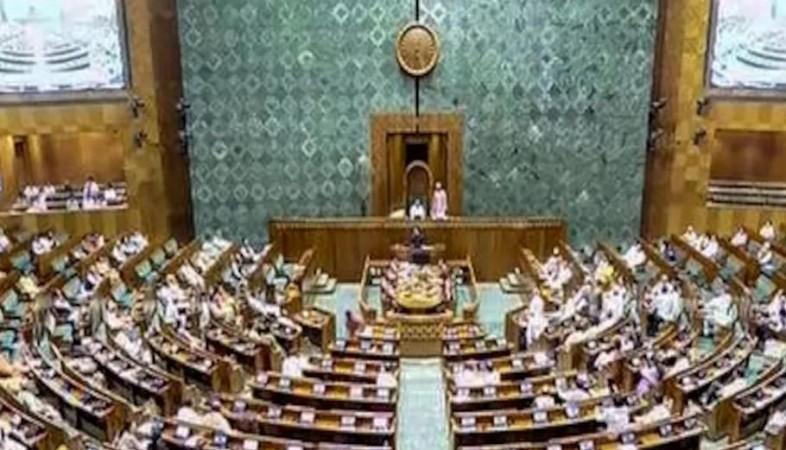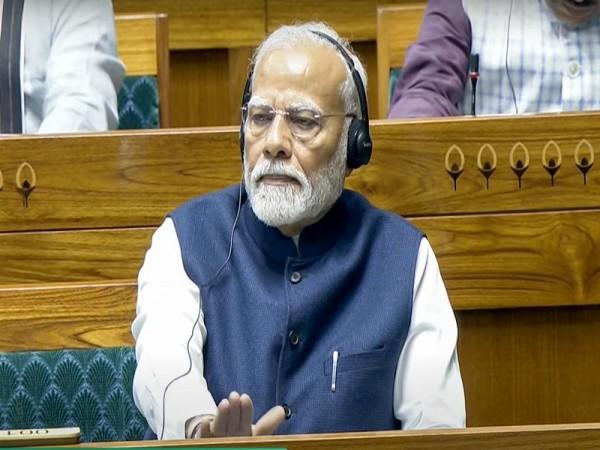
The Parliament is set to witness a significant legislative move as Union Home Minister Amit Shah introduces a bill to amend the Disaster Management Act, 2005, in the Lok Sabha. This introduction is part of a series of legislative and financial discussions scheduled for the day. Union Finance Minister Nirmala Sitharaman is also set to move a statutory resolution to amend the First Schedule of the Customs Tariff Act, marking another crucial legislative action.
The Lok Sabha will further see discussions and voting on the Demands for Grants under the control of the Ministry of Railways for 2024-25. This process is a critical part of the budgetary proceedings where the government seeks Parliament's approval for its expenditure plans. Similar discussions and voting are slated for the Ministry of Education and the Ministry of Health and Family Welfare.

In addition to these, Union Housing and Urban Affairs Minister Manohar Lal will move a motion for the election of two members to the advisory council of the Delhi Development Authority. Union Minister of State (MoS) Ravneet Singh will also move a motion for the election of two members to the Council of the National Institutes of Food Technology, Entrepreneurship and Management (NIFTEM). Singh is also expected to make a statement regarding the status of implementation of the recommendations contained in the 67th Report of the Standing Committee on Agriculture, Animal Husbandry and Food Processing on 'Scheme for Creation/Expansion of Food Processing and Preservation Capacities (CEFPPC)'.
Meanwhile, the Rajya Sabha will see further discussion on the working of the Housing and Urban Affairs Ministry, a topic raised by MP Ghanshyam Tiwari on July 31. The Upper House will also discuss the working of the Agriculture and Farmers Welfare Ministry. Union MoS for Youth Affairs and Sports Raksha Khadse is slated to make statements in the Rajya Sabha regarding the status of implementation of recommendations contained in various reports of the Parliamentary Standing Committee on Education, Women, Children, Youth and Sports.
The Parliament session has been marked by heated discussions, particularly around the Union Budget 2024-25. A significant point of contention arose when BJP leader Anurag Thakur's remarks about the caste of Leader of Opposition Rahul Gandhi sparked a fierce altercation in the Lok Sabha. Gandhi accused Thakur of hurling insults but stated he would not demand an apology. The dispute intensified when Thakur questioned the Congress party's stance on the caste census, prompting Congress members to storm the Well of the Lok Sabha. Gandhi responded vehemently, declaring, Anurag Thakur insulted me and I don't want any apology from him. Abuse or insult me as hard as you can but don't forget we will pass the caste census in this Parliament for sure.

In another incident, Congress MP Manickam Tagore raised the issue of water leakage in the new Parliament building, highlighting potential issues with the building's weather resilience, just one year after its completion. Tagore proposed forming a specialized committee, including all party MPs, to inspect the building thoroughly to address the issue. He added that the committee will focus on the causes of the leaks, evaluate the design and materials, and recommend necessary repairs. Additionally, it should establish a maintenance protocol and ensure transparency by publicly sharing its findings.
The Parliament session is marked by a series of legislative and financial discussions, with the Union Budget 2024-25 at its core. The introduction of the bill to amend the Disaster Management Act, 2005, by Union Home Minister Amit Shah, the discussions and voting on the Demands for Grants for various ministries, and the resolution of contentious issues are all part of the democratic process that ensures the smooth functioning of the government and the welfare of the people. The session promises to be a platform for intense and contentious debates, reflecting the vibrant democracy that India is.

















